Hajime Isayama’s Attack on Titan is more than just a tale of war, betrayal, and colossal battles. The controversial ending, where Eren Yeager sacrifices himself while leaving his friends to live long, peaceful lives, is perhaps one of the most complicated aspects of the story. It’s an ending that leaves viewers and readers divided, but it is also the one that perfectly depicts the philosophy of the series.
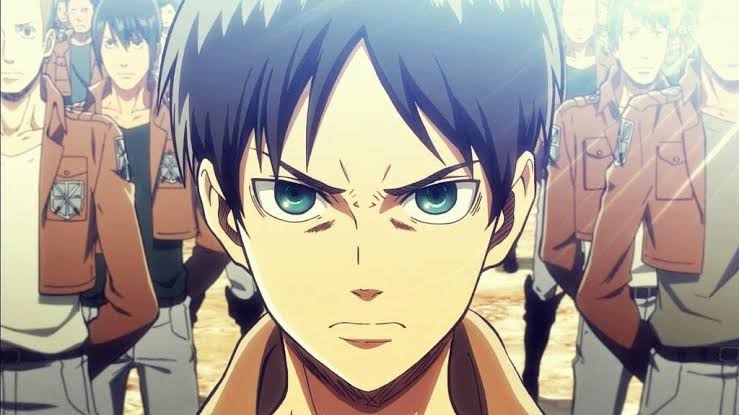 Eren Yeager as a soldier | Credit: WIT Studio
Eren Yeager as a soldier | Credit: WIT StudioAt first glance, Eren’s fate seems tragic and unfair. However, his doomed destiny is exactly what gives the series its proper thematic weight; challenging conventional storytelling norms that often offer neatly wrapped conclusions. It forces us to confront the harsh realities of existence, the cyclical nature of suffering, and the fleeting glimpses of hope that make our lives worth living.
Eren’s journey in Attack on Titan: An endless cycle of choices and realities
One of the most compelling aspects of Attack on Titan is how it highlighted Eren’s being caught up in a time loop, reliving multiple realities in an attempt to find the outcome he desired. In most of these loops, his efforts likely ended in failure, with the cycle resetting again and again. This revelation reshapes our understanding of Eren’s actions throughout the series. His struggles, decisions, and sacrifices weren’t just for his own freedom but for the freedom and happiness of his friends.
 Eren crying in front of Ramzi | Credit: Studio MAPPA
Eren crying in front of Ramzi | Credit: Studio MAPPAHis ultimate goal wasn’t to save himself but to create a future where Mikasa, Armin, and the rest of his loved ones could live in peace. This looped existence in Attack on Titan speaks to a larger existential truth: life is an endless series of choices and consequences, many of which we may never fully control.
Attack on Titan grapples with existentialism as its central theme, particularly the idea that life has no inherent meaning. The series portrays the worldview that suffering is inevitable, and any attempt to break free from it often leads to more pain. Yet, within this bleak worldview, there is a persistent spark of hope. Eren’s sacrifice at the end of Attack on Titan demonstrated that while suffering may never truly end, it’s possible to create moments of peace and happiness for others.
The reason why Attack on Titan couldn’t have a happy ending
A traditional happy ending, where Eren survives and everyone lives happily and harmoniously, would have betrayed the very essence of Attack on Titan. The series has always been unflinching in its portrayal of human nature and the harsh realities of the world. From the beginning, Attack on Titan taught us that freedom comes at a cost and that peace is often built on the sacrifices of others.
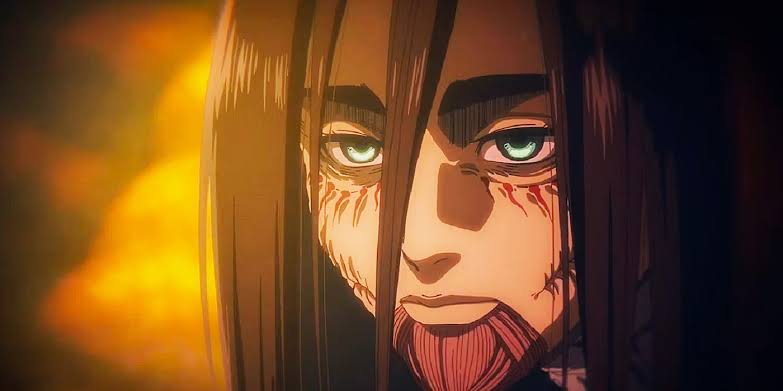 Eren at the end of Attack on Titan | Credit: Studio MAPPA
Eren at the end of Attack on Titan | Credit: Studio MAPPAEren Yeager’s doomed fate is the ultimate display of Attack on Titan‘s existential themes. Hajime Isayama crafted a story that refuses to dive into a utopia, choosing instead to embrace the harsh realities of life, despite his doubts and the controversies associated with the ending (via The New York Times). Eren’s journey is marked by sacrifice and selflessness, which showcases that suffering is endless. However, life goes on, and individuals still have the power to create meaning and hope.
The world that was created after Eren’s death is still far from perfect, but it is a world where his friends at least can live freely. Mikasa finds closure, Armin becomes a leader, and humanity takes its first steps toward lasting peace. Eren’s absence looms large, but his legacy lives on in the lives he saved.
Attack on Titan is currently available to watch on Crunchyroll.
.png)
 4 hours ago
12
4 hours ago
12
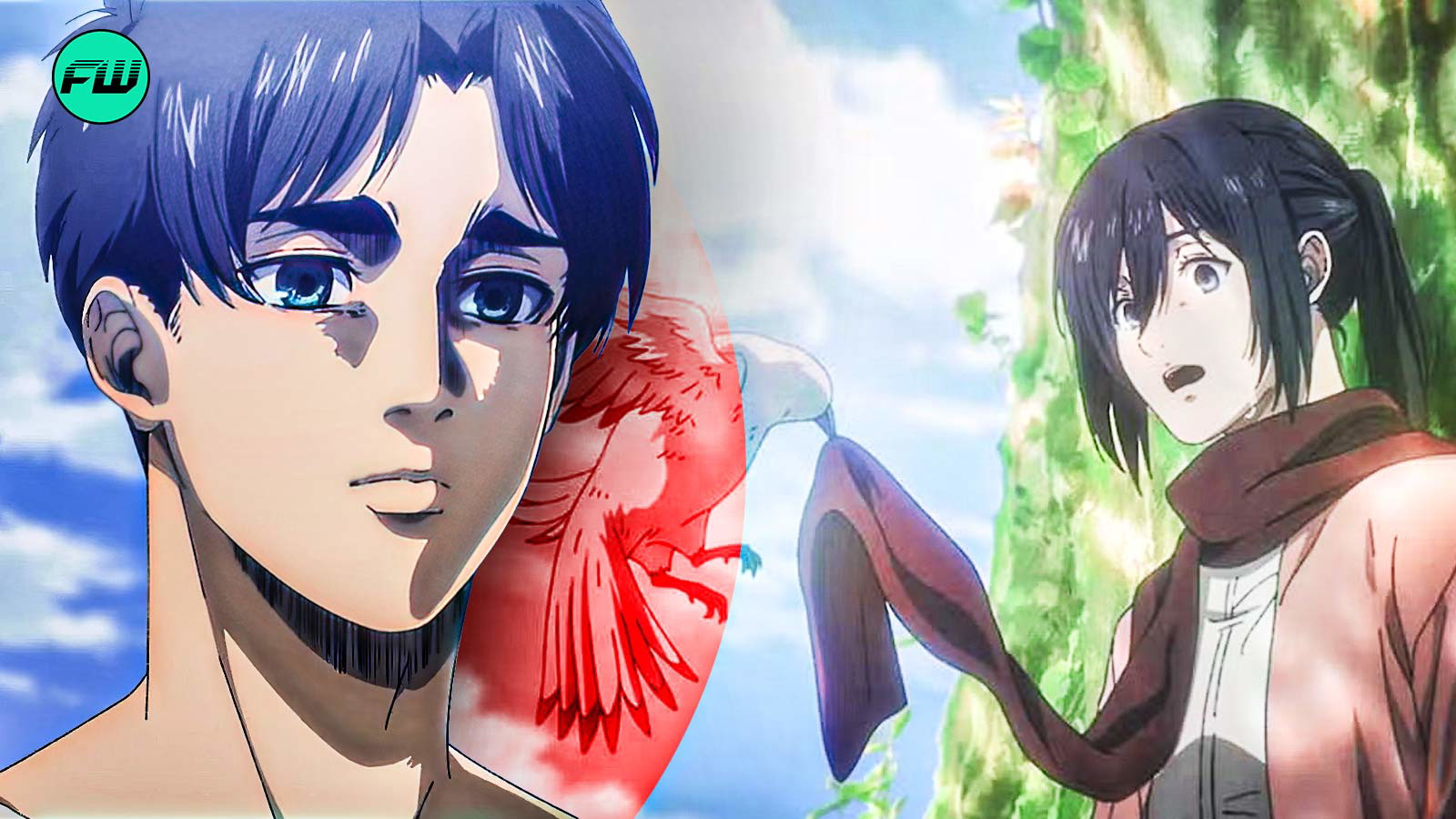

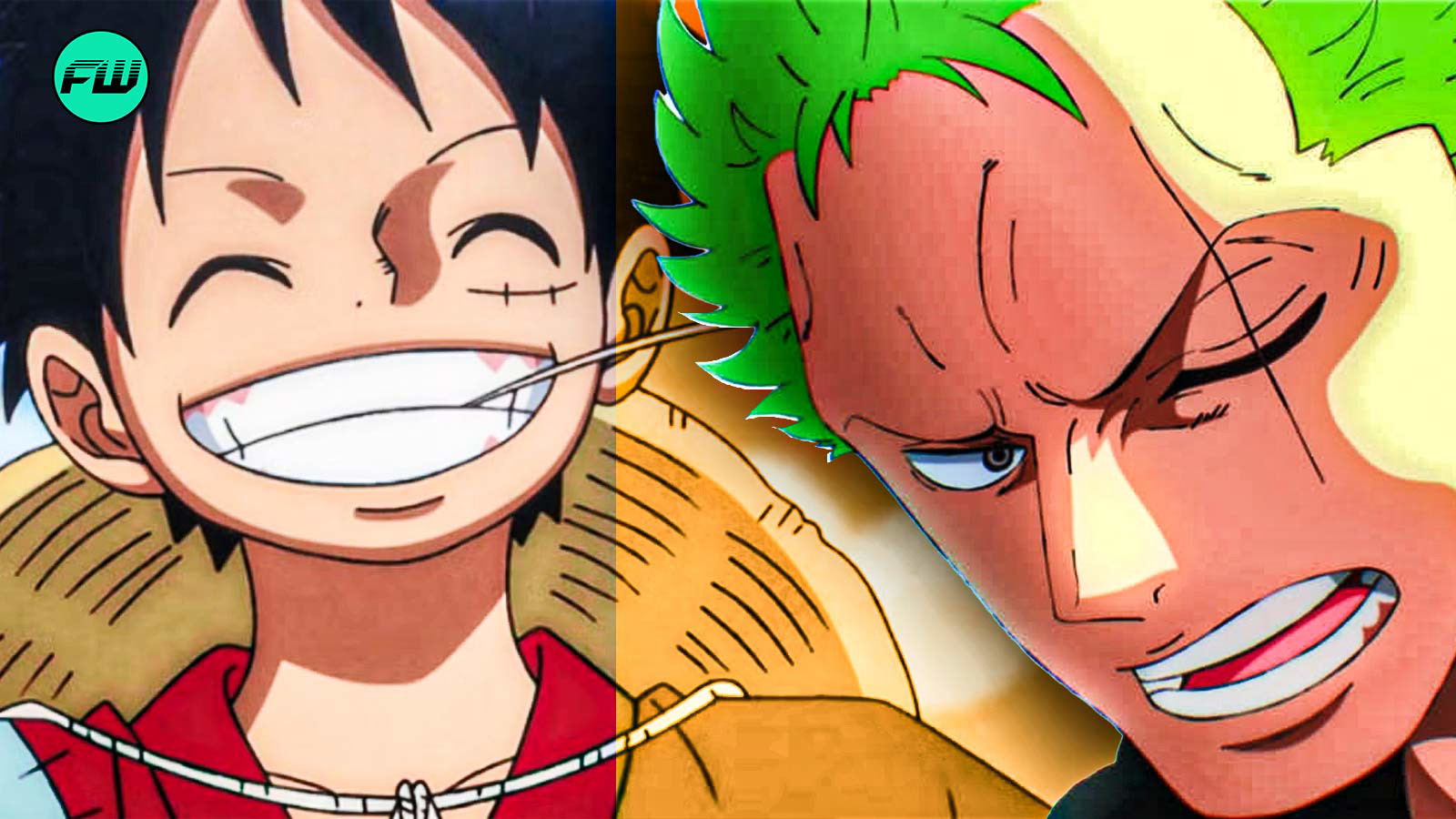
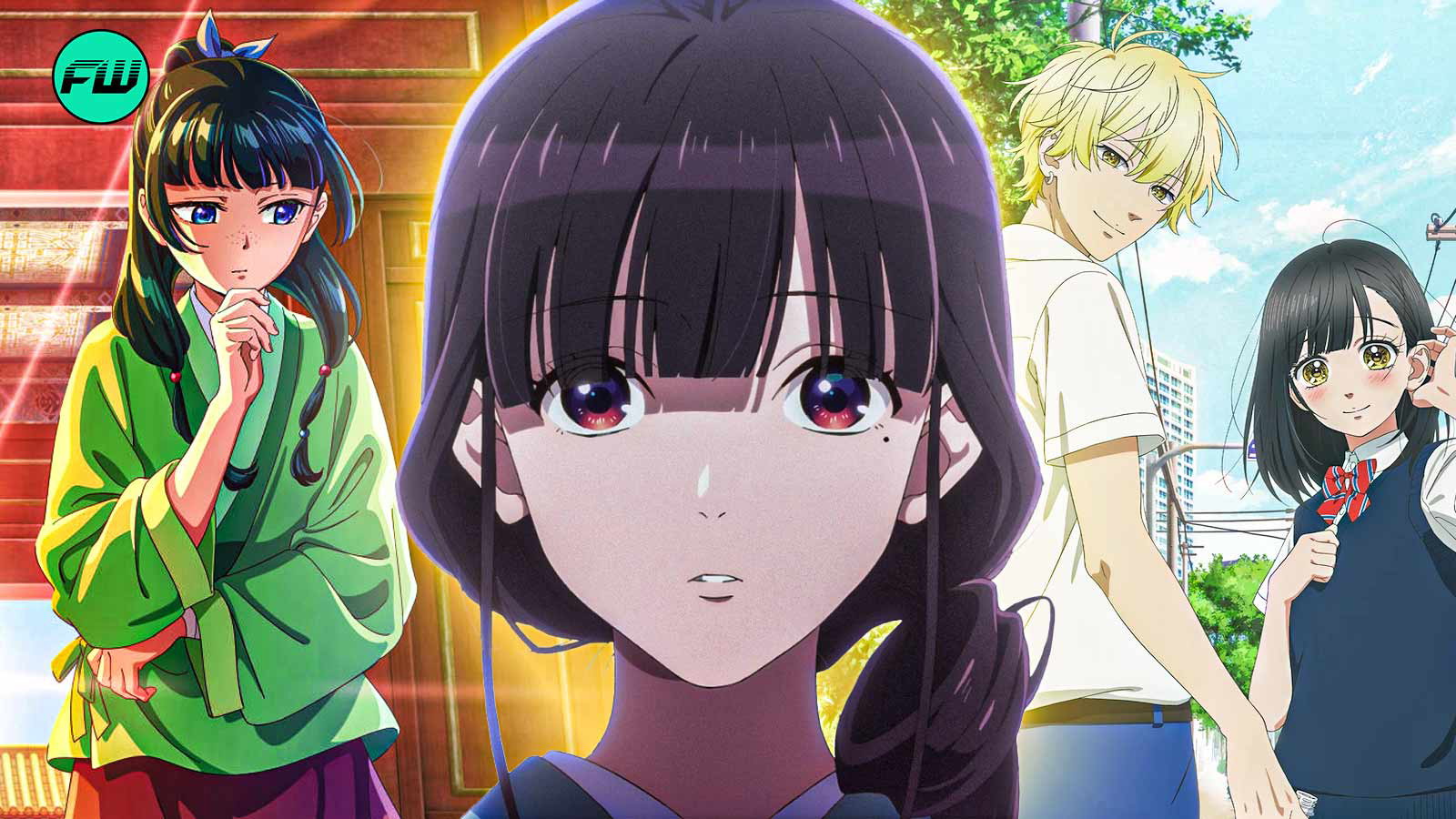
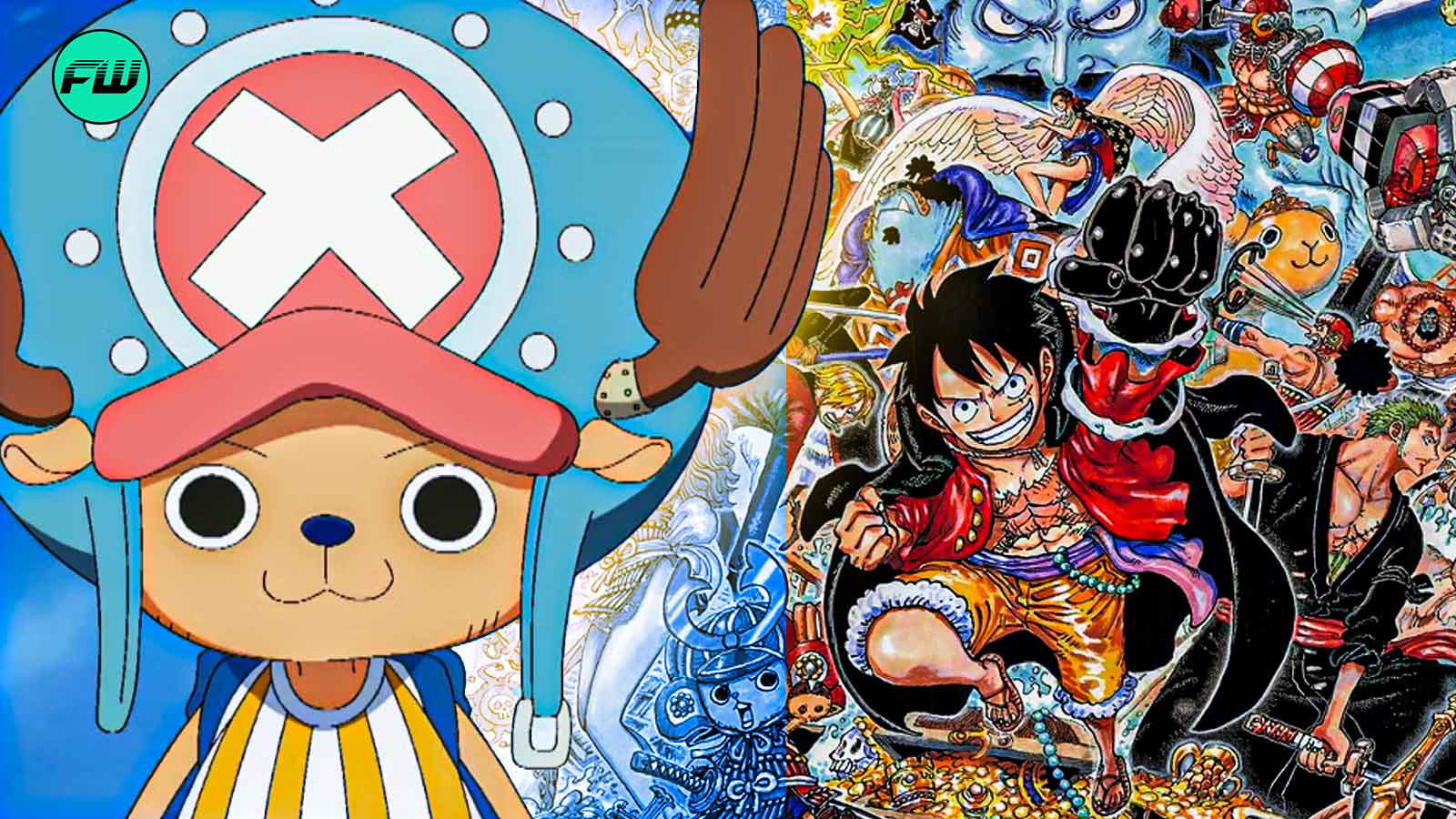
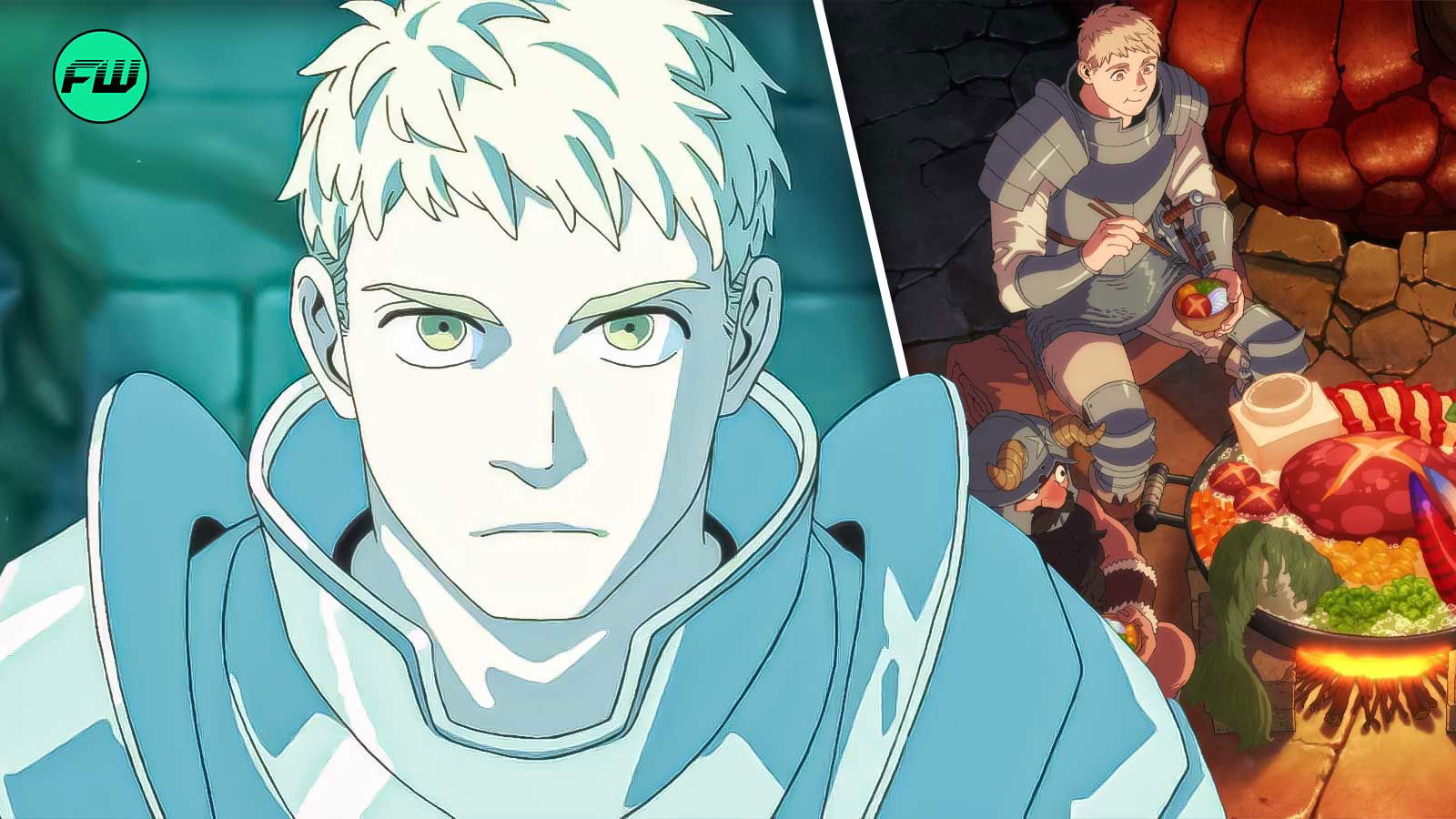
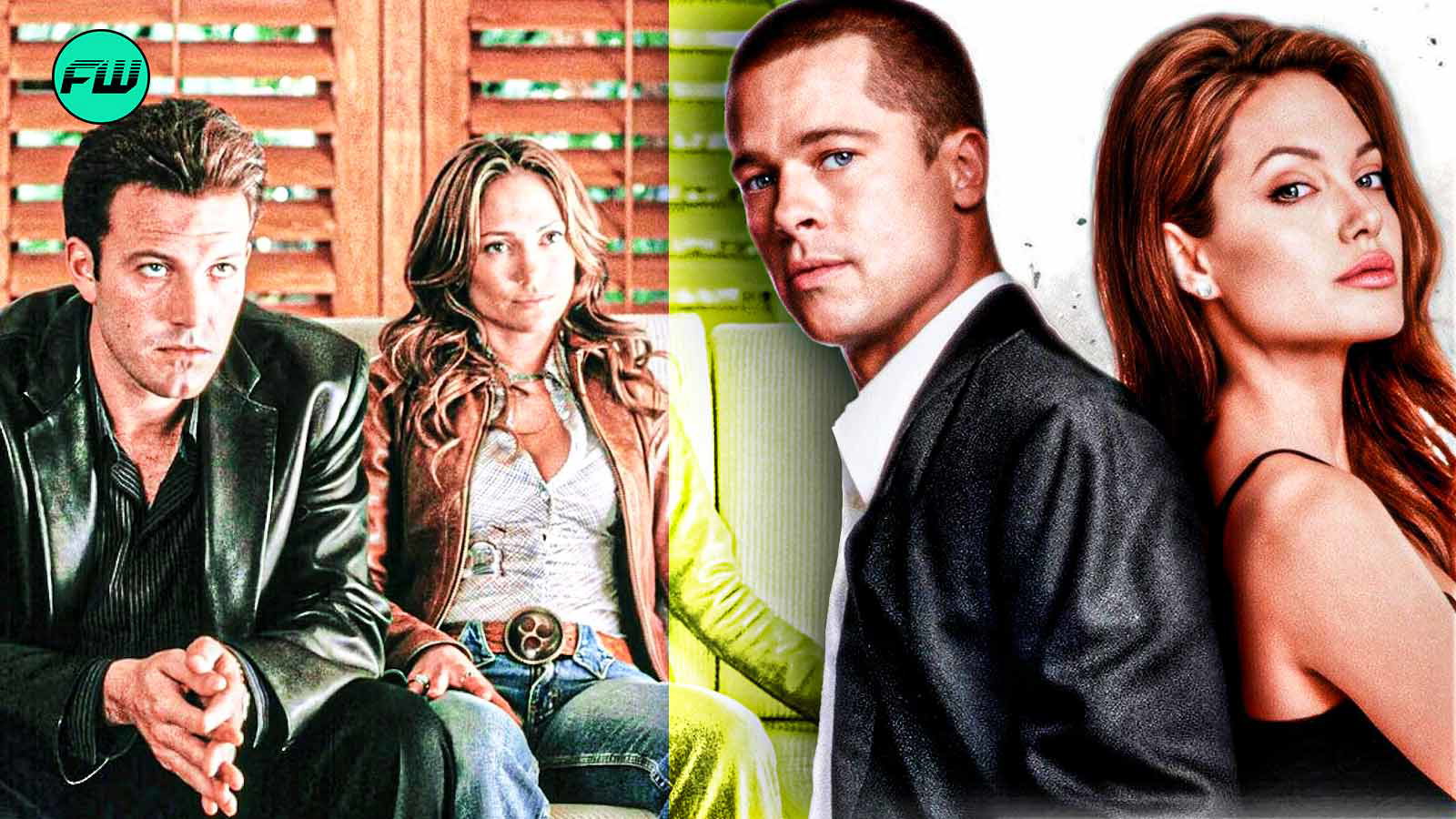

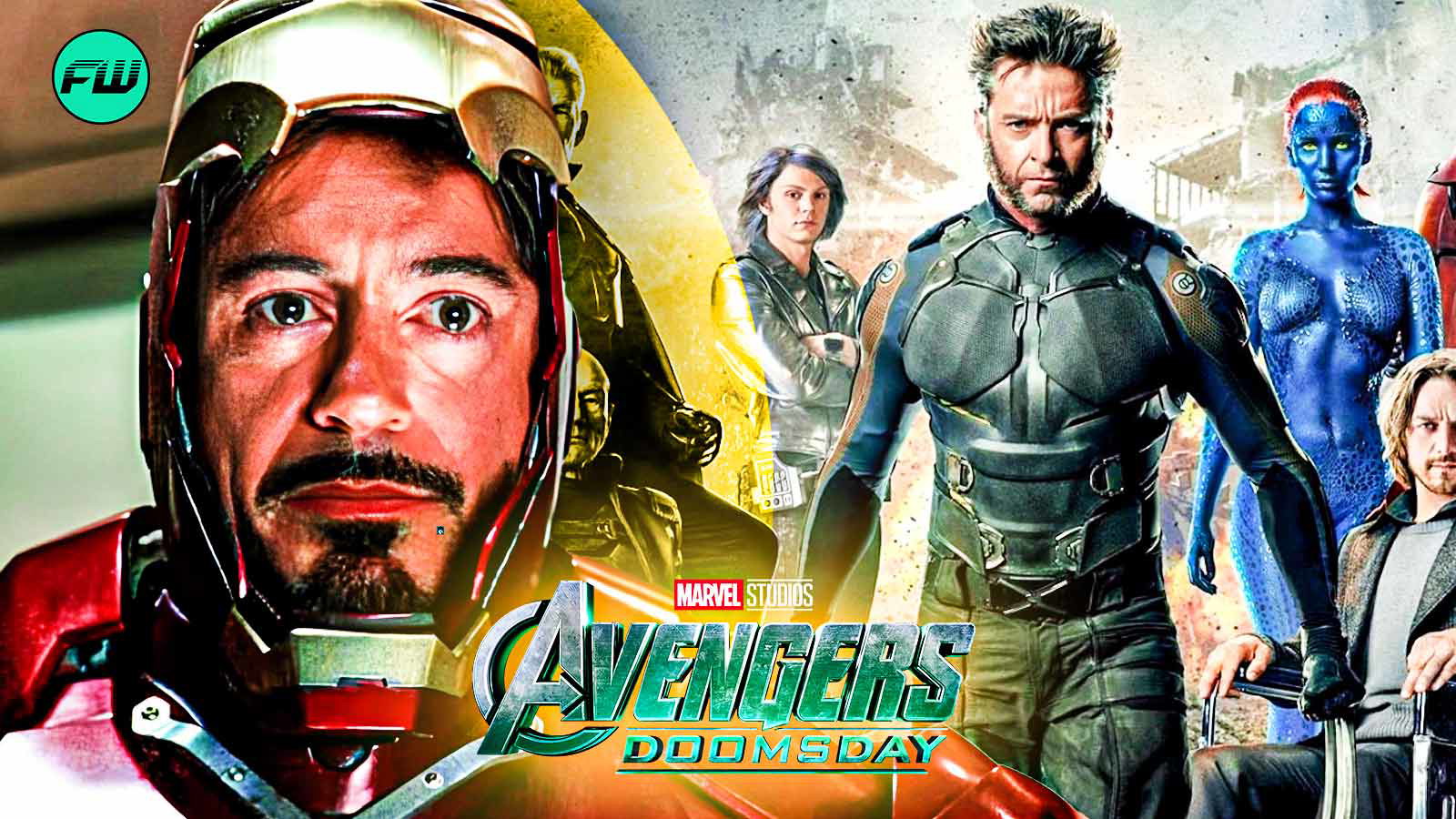
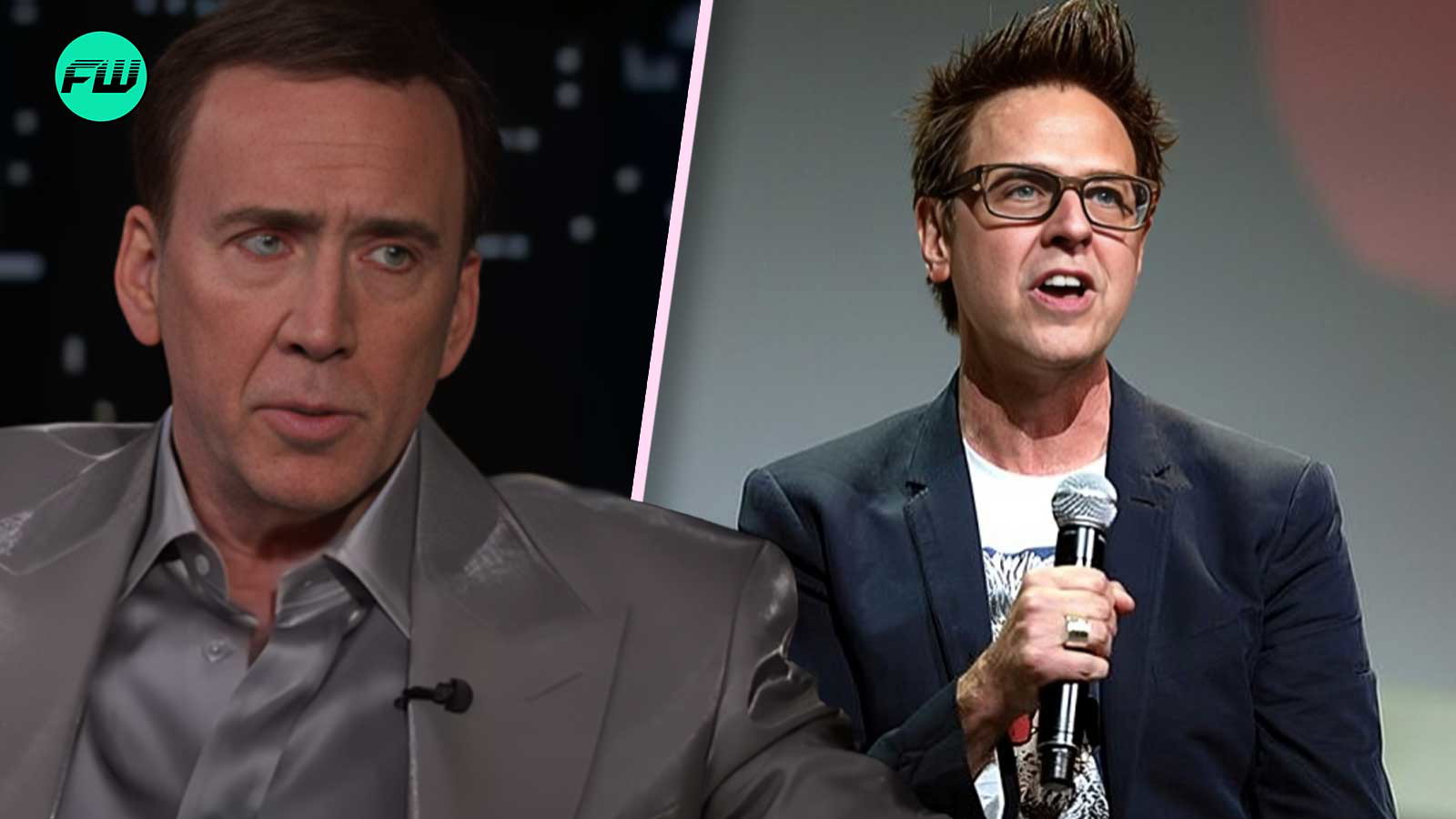
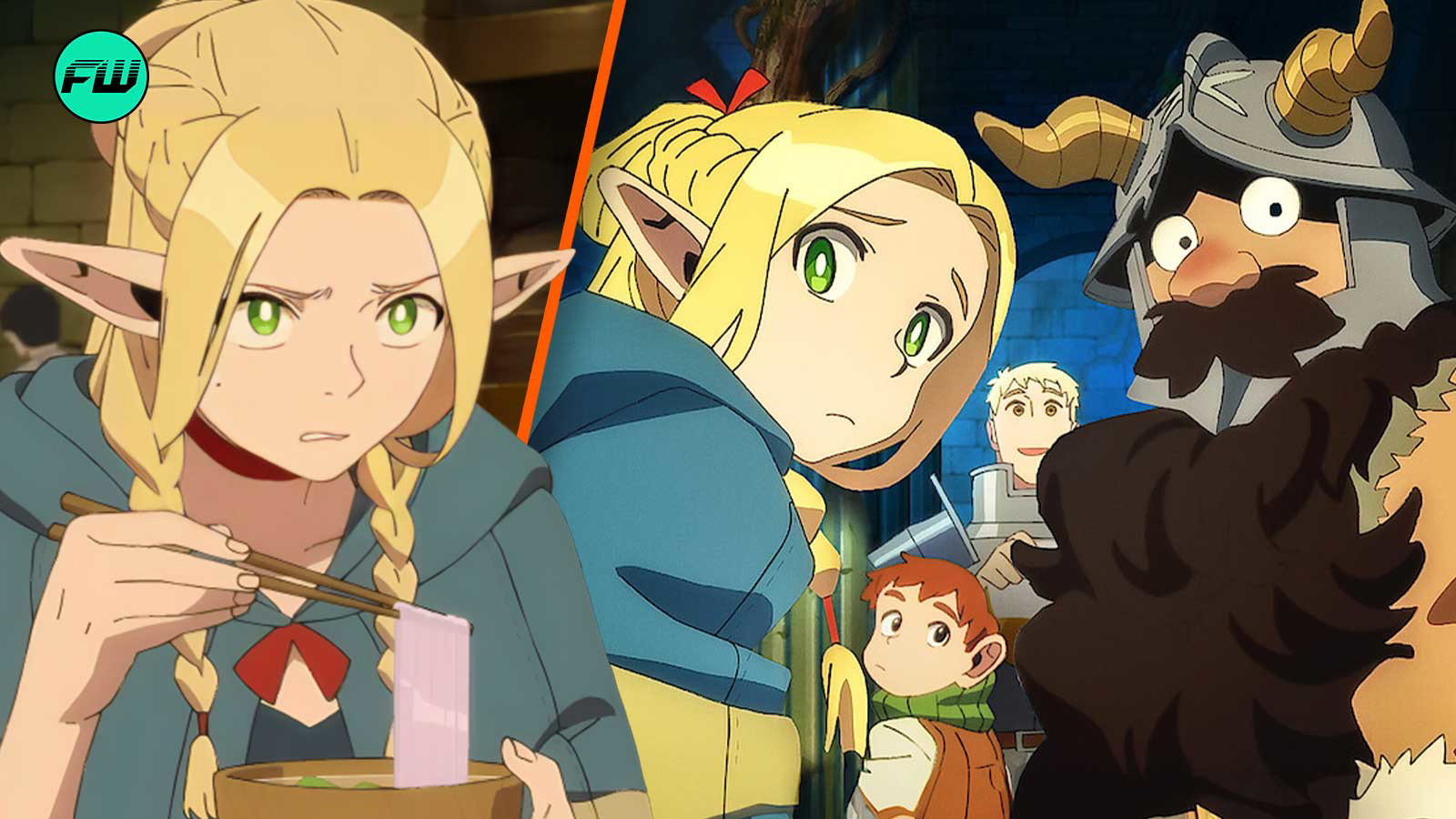
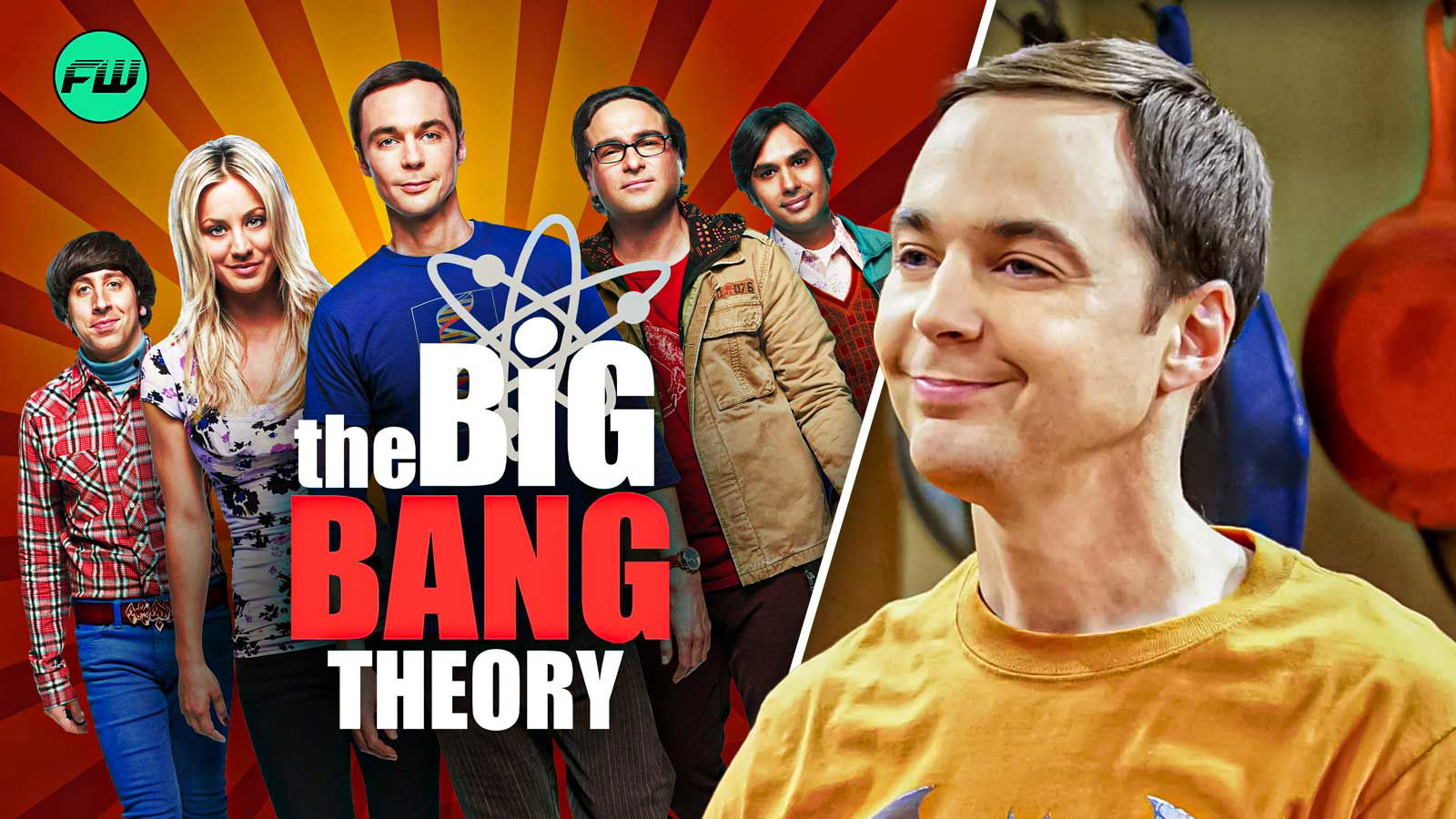
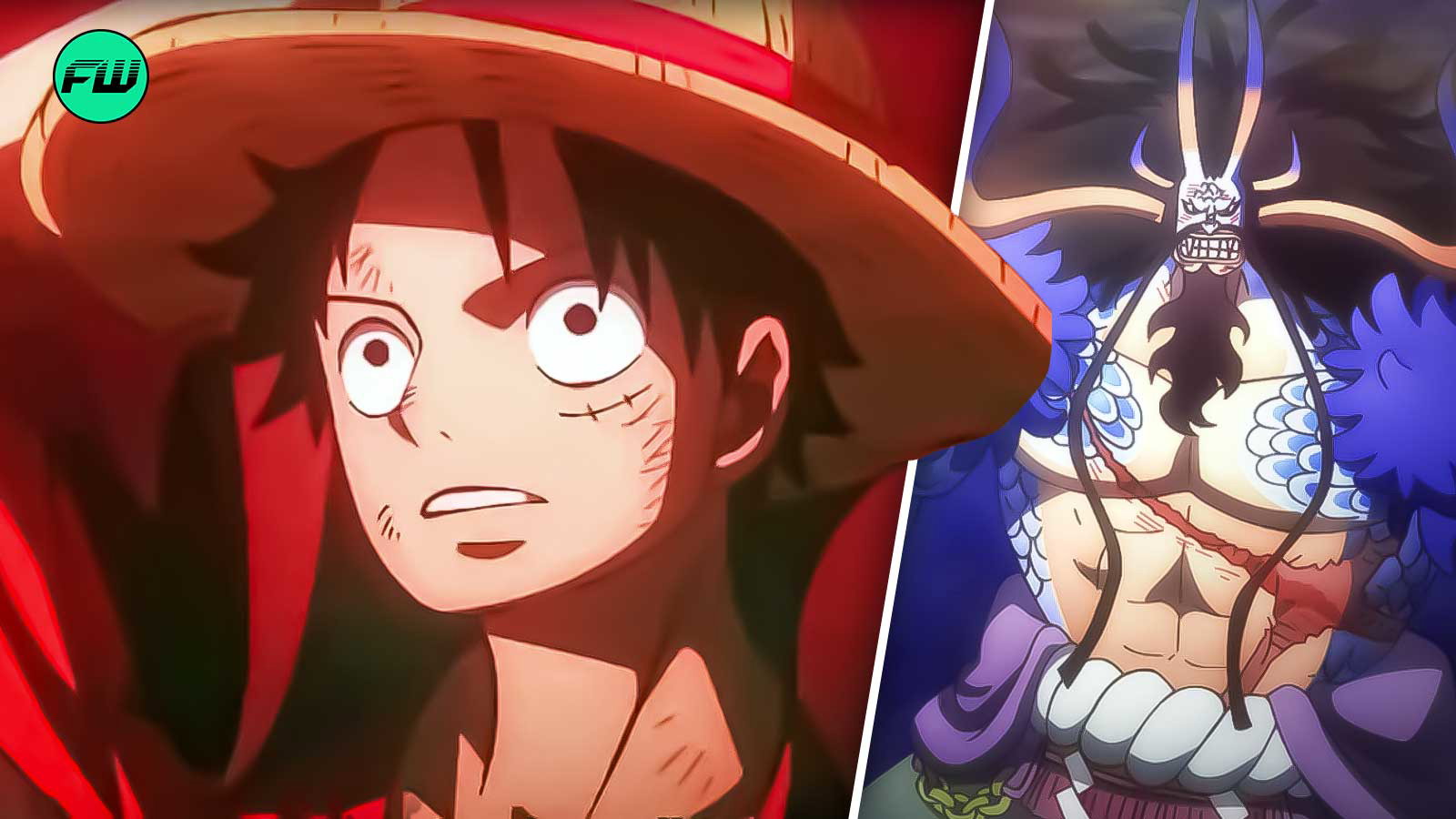























 Bengali (BD) ·
Bengali (BD) ·  English (US) ·
English (US) ·